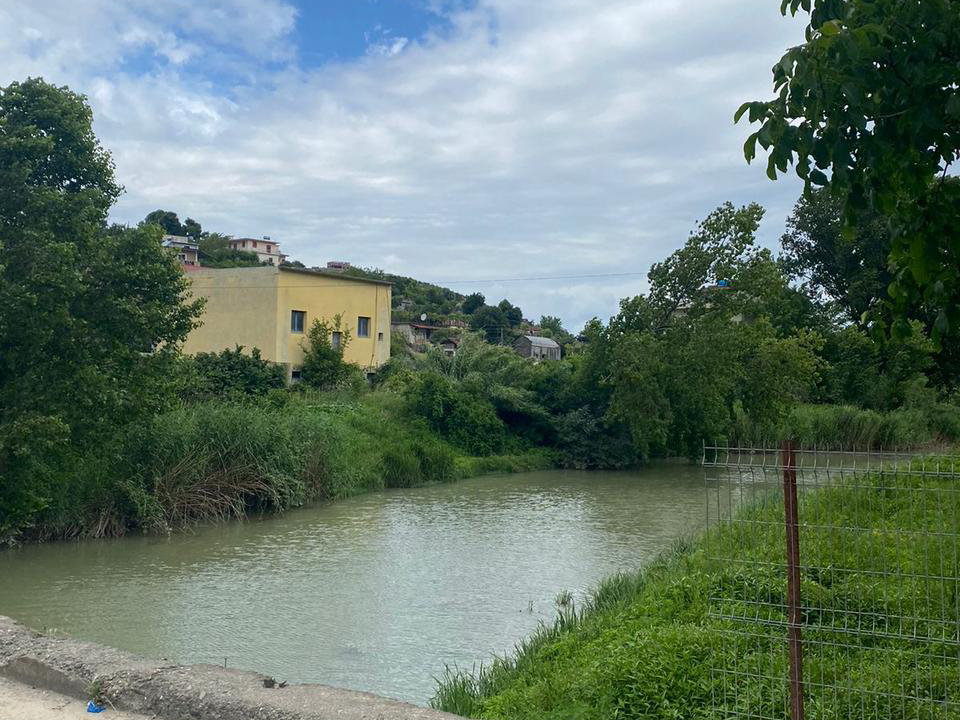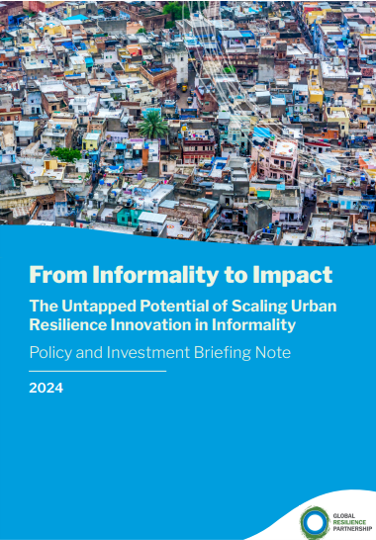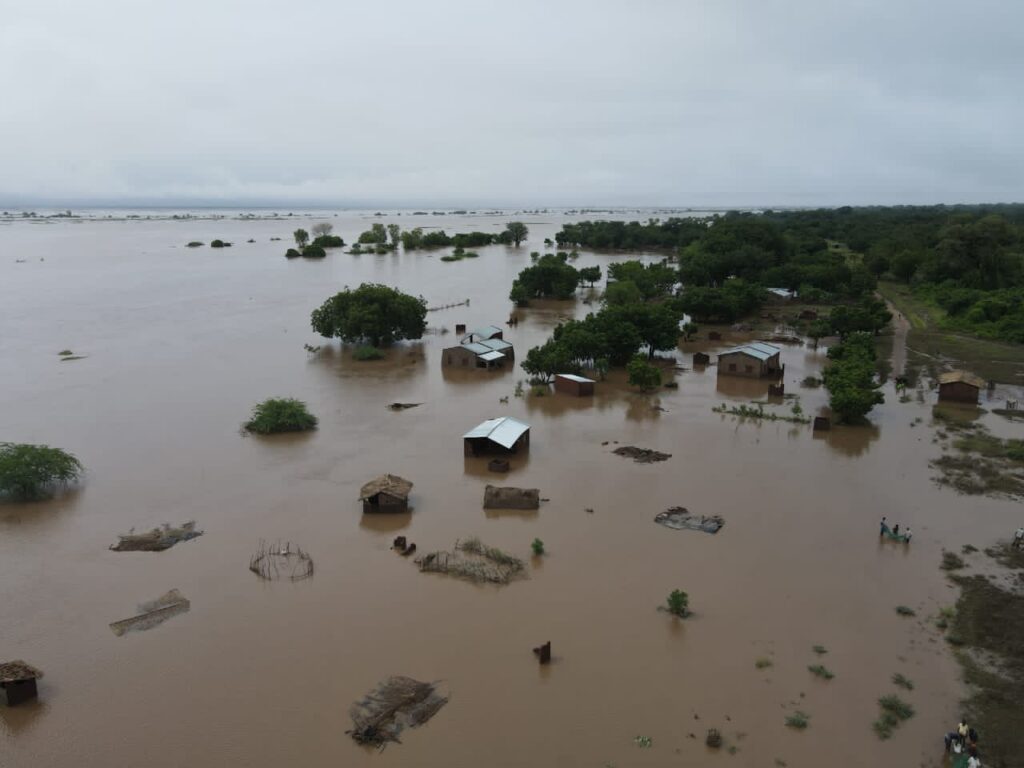Bridging the Gap: Investigating Barriers and Enhancing Resilience in Last-Mile Communities Through Inclusive Early Warning Strategies in Rural Lezha, Albania
About this Paper This research investigates the barriers preventing rural communities in Lezha, Albania, from effectively accessing, understanding, and acting on early warning information for natural disasters. Using a mixed-method approach, the study highlights critical challenges, such as limited access to timely warnings (only 11% of respondents found information easily accessible), poor comprehension of messages […]






